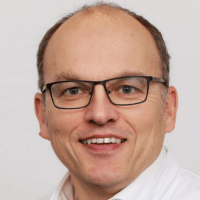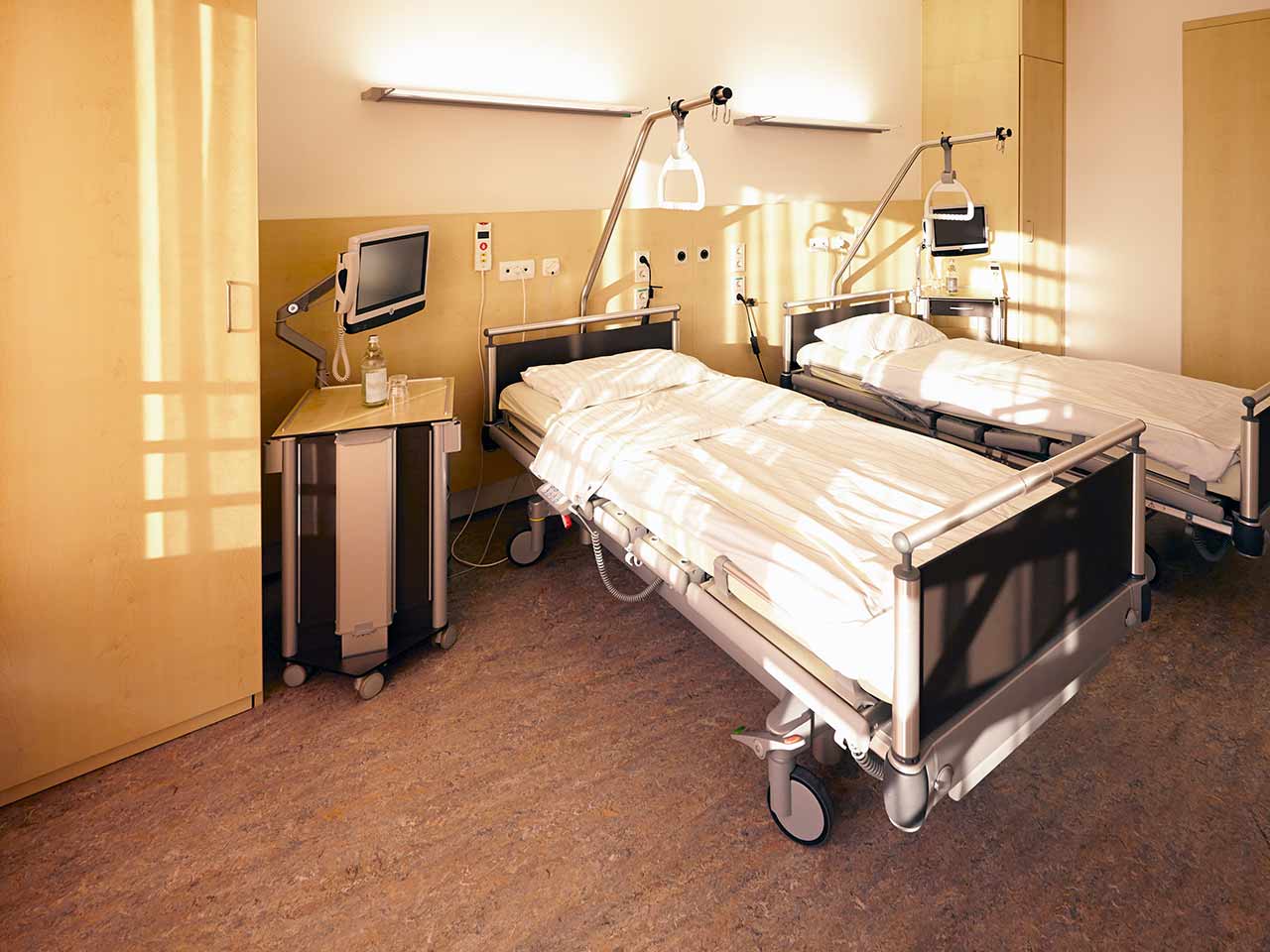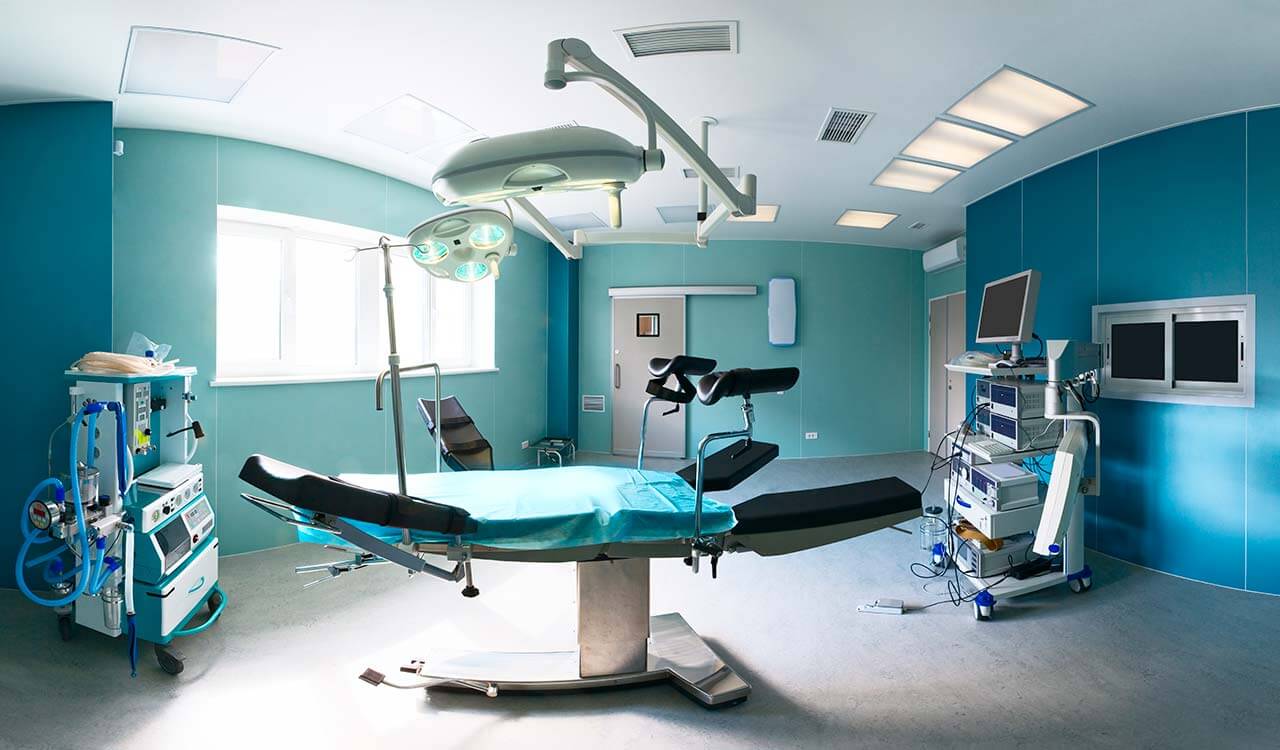
The program includes:
- Initial presentation in the clinic
- clinical history taking
- review of medical records
- physical examination
- laboratory tests:
- complete blood count
- general urine analysis
- biochemical analysis of blood
- inflammation indicators (CRP, ESR)
- indicators blood coagulation
- hormonal examination (estrogen, progesterone,
prolactin, DHEA, FSH, LH) - tumor markers (CEA, CA19-9, AFP, CA125)
- gynecological examination:
- colposcopy
- vaginal swab
- cervical biopsy
- histological examination
- pelvic ultrasound
- transvaginal ultrasound
- breast ultrasound
- ultrasound examination: pelvis, abdomen, thyroid
- CT/MRI of the abdomen and pelvis
- consultation of related specialists
- symptomatic specific treatment
- the cost of essential medicines and materials
- nursing services
- control examinations
- full hospital accommodation
- developing of further guidance
Required documents
- Medical records
- Results of hormone blood tests (if available)
Service
You may also book:
 BookingHealth Price from:
BookingHealth Price from:
About the department
The Department of Gastroenterology, Hepatology, Oncology, Hematology, Rheumatology, Infectology and Endocrinology at the Helios Hospital Hildesheim provides the full range of medical services in the areas of its specialization. The team of the department's doctors admits patients with diseases of the gastrointestinal tract, liver, hematopoietic system, rheumatic pathologies, infectious diseases, as well as diabetes mellitus and lipid metabolism disorders. In the field of oncology, the key focus is on the treatment of malignant tumors of the digestive system. The specialists of the medical facility have a huge arsenal of modern diagnostic and therapeutic techniques, thanks to which they can carry out high-precision diagnostics and effective treatment. More than 3,000 patients receive medical care on an inpatient basis annually. The main goal of the department's doctors is to provide each patient with high-quality medical care. Clinical activities of the specialists are based on a humane attitude towards patients and an individual approach to each case. The department is headed by Dr. med. Stefan Koeppen.
The primary focus of the department's team of doctors is the treatment of gastrointestinal diseases. The medical facility most often admits patients with inflammatory and infectious diseases of the gastrointestinal tract, stomach ulcers, chronic inflammatory bowel disease (Crohn's disease and ulcerative colitis), diverticular disease, irritable bowel syndrome, benign and malignant digestive tumors etc. The key to a successful treatment outcome of any disease is accurate diagnosis, and therefore the department has modern diagnostic rooms with special equipment for endoscopic examinations (gastroscopy, colonoscopy, endoscopic retrograde cholangiopancreatography, proctoscopy, rectoscopy, endosonography, capsule endoscopy, etc.). The medical facility also has advanced laboratories to carry out the necessary tests. In addition, a wide range of functional diagnostic tests are available here. After carrying out the necessary set of diagnostic procedures and a thorough study of the obtained clinical data, the attending physician elaborates the most effective treatment regimen. In most cases, the department's specialists achieve excellent therapeutic results using only conservative treatments. With appropriate clinical indications, doctors can also perform sparing interventional endoscopic procedures: therapeutic gastroscopy and colonoscopy, balloon-assisted enteroscopy, stent implantation for obstructions or stenoses of the digestive system, etc.
The department's doctors also deal with the treatment of patients with various liver diseases. The treatment of acute and chronic inflammatory liver diseases (hepatitis) of various etiology, cirrhosis, as well as benign and malignant liver neoplasms is of particular interest for the specialists in this medical field. The diagnostic protocol for suspected liver pathology includes laboratory tests, ultrasound and X-ray examinations, and endoscopic diagnostic procedures. If inflammatory processes in the liver are confirmed, doctors always determine their etiology. This may be the impact of viruses, toxins, drugs, or the consequences of autoimmune diseases. Liver inflammation is mostly treated using drug therapy with modern medicines. If cirrhosis is detected, therapy is aimed at preventing the progression of the pathology. The patient is strongly advised to exclude foods harmful to the liver from the diet, to stop drinking alcohol and other bad habits. Drug therapy is also prescribed on an individual basis. Malignant tumors in the liver usually develop due to cirrhosis (80% of patients with cirrhosis develop liver cancer over time), as well as due to oncological processes in other organs. If the diagnosis confirms the presence of a malignant tumor in the liver, hepatologists together with oncologists, chemotherapists, radiation therapists and other specialists think over the optimal treatment tactics.
The most important focus of the department's clinical practice is on the treatment of cancers. The medical facility is certified as the Cancer Center of the German Cancer Society. The key attention is paid to the treatment of gastrointestinal cancers: stomach, bowel, esophageal, pancreatic cancers, etc. In addition, the department treats patients with oncological diseases of the hematopoietic system. The treatment regimen for any type of oncology is developed at a weekly interdisciplinary tumor board, in which the doctors from all medical fields take part. The main treatment for patients with solid gastrointestinal tumors are surgery, chemotherapy and radiation therapy. In the case of confirmation of blood cancer, the first-line treatment is chemotherapy, blood transfusions, and other conservative methods. Palliative care and psychological support are integral parts of the therapeutic process as well.
The department is also often visited by patients with rheumatic diseases. Rheumatologists most often diagnose and treat rheumatoid arthritis. Pathology primarily affects the joints. Rheumatoid arthritis also causes lesions of the internal organs. As of today, there are no therapeutic methods, which could completely cure the pathology, and therefore the therapy aims to alleviate the pain syndrome, preserve the functions of the affected joints and internal organs. At the diagnostic stage, a clinical examination, laboratory blood tests and imaging tests (radiography, computed tomography, magnetic resonance imaging) are carried out. After the comprehensive assessment of the patient's condition, doctors prescribe the most effective course of drug therapy developed on an individual basis. The intake of medicines is complemented by physiotherapy and occupational therapy.
The department's service range is complemented by the treatment of infectious diseases: viral hepatitis, tuberculosis, infectious gastrointestinal diseases, meningitis and many others. In most cases, the department's doctors use drug therapy for infectious diseases. The therapy involves the use of modern antibiotics. For more severe forms of infection, comprehensive treatment methods are used. The treatment regimen is developed only on an individual basis.
The department's endocrinologists specialize in the treatment of type 1 and type 2 diabetes mellitus, gestational diabetes, and lipid metabolism disorders. The treatment of type 1 diabetes mellitus is based on insulin therapy. At the early stages of type 2 diabetes mellitus, it is possible to compensate for the pathology through lifestyle modifications, increasing physical activity and changing the diet. At the advanced stages of this form of diabetes mellitus, hypoglycemic drugs and/or insulin therapy are used. The department is certified by the German Diabetes Society, so patients with these diseases can rely on high-quality medical care of the European level. The patients with lipid metabolism disorders are advised to lower their blood cholesterol levels. This can often be achieved through lifestyle changes, a proper diet, and regular exercises. If the above measures do not give the desired result, a course of drug therapy is prescribed to the patient.
The department's main clinical focuses include:
- Diagnostics and treatment of gastrointestinal diseases
- Inflammatory diseases, ulcers, infections and tumors of the stomach and duodenum
- Acute and chronic inflammatory disease (for example, Crohn's disease, ulcerative colitis)
- Diverticular disease
- Irritable bowel syndrome
- Hemorrhoids
- Acute and chronic abdominal pain
- Diarrhea, infectious diseases, and dysfunction of the small and large intestine
- Benign and malignant tumors of the stomach, small and large intestine, pancreas, esophagus
- Acute and chronic pancreatitis
- Heartburn
- Gastroesophageal reflux disease
- Inflammatory esophageal diseases
- Diagnostics and treatment of liver diseases
- Acute and chronic liver inflammation (hepatitis) of various etiologies
- Cirrhosis
- Benign and malignant liver tumors
- Diagnostics and treatment of gastrointestinal cancers
- Diagnostics and treatment of blood cancers
- Diagnosis and treatment of rheumatic diseases (key focus on the therapy for rheumatoid arthritis)
- Diagnostics and treatment of infectious diseases
- Viral hepatitis
- Tuberculosis
- Infectious gastrointestinal diseases
- Meningitis
- Diagnostics and treatment of endocrine diseases
- Type 1 and 2 diabetes mellitus
- Gestational diabetes mellitus
- Lipid metabolism disorders
- Diagnostics and treatment of other diseases
Photo of the doctor: (c) Helios Kliniken GmbH
About hospital
The Helios Hospital Hildesheim positions itself as an advanced provider of high-quality medical services at the European level. The medical facility is an Academic Hospital of the Hannover Medical School, thanks to which it can successfully introduce the very latest medical achievements into clinical practice. The hospital is distinguished by the excellent quality of diagnostics, highly effective treatment of pathologies of any severity and the best patient care based on understanding and humane attitude. The history of the medical complex dates back to 1838, so it carefully honors traditions, but at the same time the hospital actively uses innovative diagnostic and treatment methods. The medical team of the hospital consists of more than 1,450 people. The hospital employs highly qualified doctors who are rightfully proud of their treatment outcomes.
The medical facility has 579 beds. The team of doctors working at the hospital treats more than 28,000 inpatients and about 80,000 outpatients every year. The patients from foreign countries often undergo diagnostics and treatment in the hospital, which confirms the excellent reputation of the medical center in the international arena.
The hospital offers highly specialized departments with different medical focuses, including oncology, cardiology, gastroenterology, gynecology, dermatology, otolaryngology, general and abdominal surgery, plastic and aesthetic surgery, traumatology, etc. Many medical fields are awarded with prestigious certificates, including German Cancer Society (DKG) certification, IQM certification, and others.
Photo: (с) depositphotos
Accommodation in hospital
Patients rooms
The patients of the Helios Hospital Hildesheim live in spacious and light rooms. The furnishings of a standard patient room includes an automatically adjustable bed with an orthopedic mattress, a bedside table, and a wardrobe for storing things. All patient rooms have telephone, radio and TV, as well as free Wi-Fi. For maximum convenience of patients, each room has an ensuite bathroom with shower and toilet.
If desired, the patient can stay in an enhanced-comfort room. Such rooms are distinguished by a more sophisticated design, and are additionally equipped with a safe, a minifridge and upholstered furniture.
Meals and Menus
The patients of the hospital are offered tasty and varied meals. Diet and vegetarian menus are also available. If the patient follows a special diet recommended by the attending physician, he will be provided with food cooked from approved products.
Breakfast is served buffet style: eggs, various types of cheese, sausage, buns, jam, vegetables. There are three set menus to choose from for lunch. Dinner is also served buffet style.
In addition, the hospital has a cozy cafe called Leckeria where one can have a delicious snack. The range of dishes includes light salads, hearty set meals, snacks, sandwiches, cakes, as well as tea, coffee and soft drinks. The terrace is open in the summertime.
Further details
Standard rooms include:
Television
All patient rooms have a TV set. The TV can be used with headphones – the patients can use their own headphones or ask for the headphones from the staff.
Religion
The patient can talk with a Christian priest at any time. Divine services are held every Sunday at 10 am (on the ground floor).
Other religious services are available upon request.
Accompanying person
During the inpatient program, the accompanying person can stay with the patient in a patient room or at a hotel of his choice. Our managers will help you choose the most suitable option.
Hotel
During the outpatient program, the patient can stay at a hotel of his choice. Our managers will help you choose the most suitable option.




